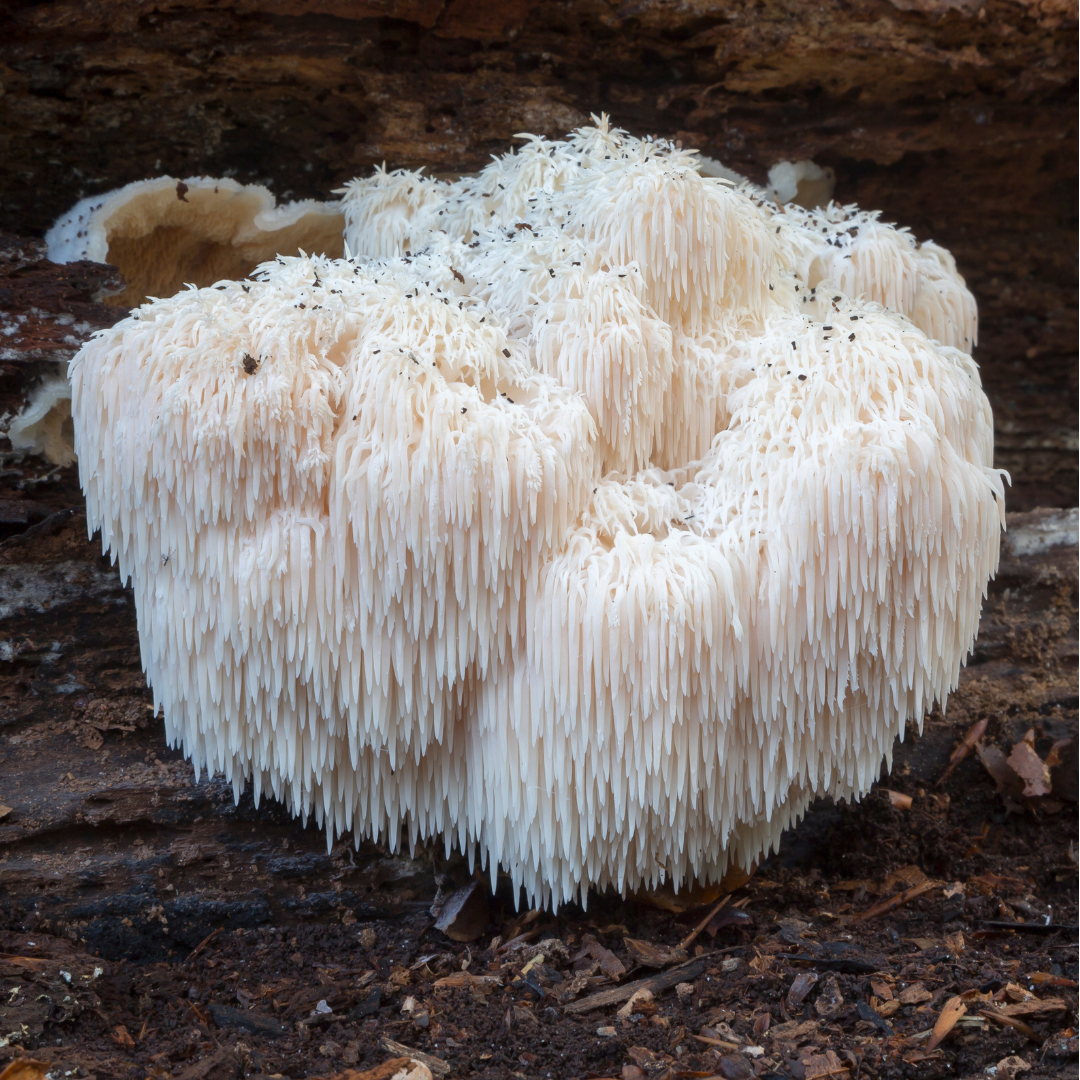
Read time: 4 min
I was 11 years old.
And I felt stuck and depressed.
Not the most normal "joyful" emotions a child that age should experience.
Why?
I was daydreaming of the events that happened the day before.
I attended a friends 12th birthday party.
There was music.
Amazing food.
Balloons, cake and a water slide!
And everyone was having an amazing time in the sun.
The day had been and gone, yet I will still hanging onto the memories of the past.
All I wanted to do was replicate them.
Go live that day again.
Yet, I couldn't and I didn't understand why.
********
Have you ever experienced the curious phenomenon of feeling down and blue after an amazing day?
It's almost as if a shadow casts itself over the sunshine-filled memories, leaving you in a state of confusion and melancholy.
But fear not!
Let's explore this intriguing phenomenon and delve into the scientific research that sheds light on why we sometimes feel lost the day after reflecting on a great day.
The Science Behind the Post-Great Day Blues:
- The Contrast Effect:
One possible explanation for this emotional rollercoaster is the contrast effect.
When we experience an exceptional day filled with joy, excitement, and meaningful connections, our expectations of subsequent days become elevated.
Our minds create a stark contrast between the euphoria of the past and the present reality, which can lead to a feeling of letdown and disappointment.
Research suggests that our emotions are heavily influenced by the comparison of our experiences.
So, when we come down from the high of a fantastic day, our normal daily routines may pale in comparison, resulting in a sense of dissatisfaction.
- The Hedonic Treadmill:
Another psychological concept that comes into play is the hedonic treadmill. This theory suggests that regardless of positive or negative events, our happiness tends to return to a baseline level over time.
The sheer intensity of an exceptional day can cause our emotional state to temporarily soar above this baseline, only to gradually settle back down.
While it might be disheartening to realize that our happiness can be fleeting, understanding this concept can help us navigate the post-great day blues with more resilience and self-compassion.
- Neurochemical Reactions:
On a neurochemical level, our brain's reward system plays a crucial role in our emotional fluctuations.
During a remarkable day, our brain releases an abundance of feel-good chemicals such as dopamine, serotonin, and endorphins, heightening our sense of pleasure and euphoria.
However, the next day, as these neurotransmitters regulate back to their normal levels, we may experience a temporary dip in mood, akin to a mini-withdrawal.
Embracing the Post-Great Day Blues:
Now that we understand the scientific underpinnings of this emotional rollercoaster, it's time to uncover strategies to navigate the post-great day blues with grace and resilience:
-
Cultivate Gratitude: Take a moment to reflect on the wonderful memories from the previous day and express gratitude for those experiences. By focusing on the positives, you can counterbalance the temporary dip in mood and bring a sense of contentment to the present moment.
-
Embrace the Ordinary: Instead of comparing each day to the exceptional one that preceded it, try finding joy in the simplicity and beauty of everyday life. Engage in activities that bring you fulfillment and purpose, even if they seem less glamorous in comparison.
-
Practice Self-Care: Treat yourself with kindness and compassion during this emotional transition. Engage in activities that nourish your mind, body, and soul, such as exercise, meditation, or spending time in nature. These practices can help regulate your emotions and promote a sense of well-being.
-
Plan Future Adventures: Channel your post-great day energy into planning future adventures and exciting experiences. Anticipation can be a powerful mood booster, and it gives you something to look forward to during the lulls between exceptional days.
Conclusion:
The post-great day blues may be a puzzling experience, but armed with scientific insights and practical strategies, we can navigate this emotional rollercoaster with resilience and self-compassion.
Remember, life is a tapestry of highs and lows, and it is a marvelous adventure filled with a spectrum of emotions.
Embrace the contrast, savor the extraordinary moments, and find beauty even in the ordinary.
So, the next time you find yourself feeling a bit down after reflecting on a great day, remember that it's just a natural part of the human experience.
Take a deep breath, let go of expectations, and embrace the ebb and flow of life's incredible journey.
After all, it's in these twists and turns that we discover the true depth of our resilience, and the ability to find joy and optimism in every moment, no matter how big or small.
So, dear reader, when the post-great day blues come knocking, smile and say,
"Thank you for the memories, and here's to many more adventures to come!"






